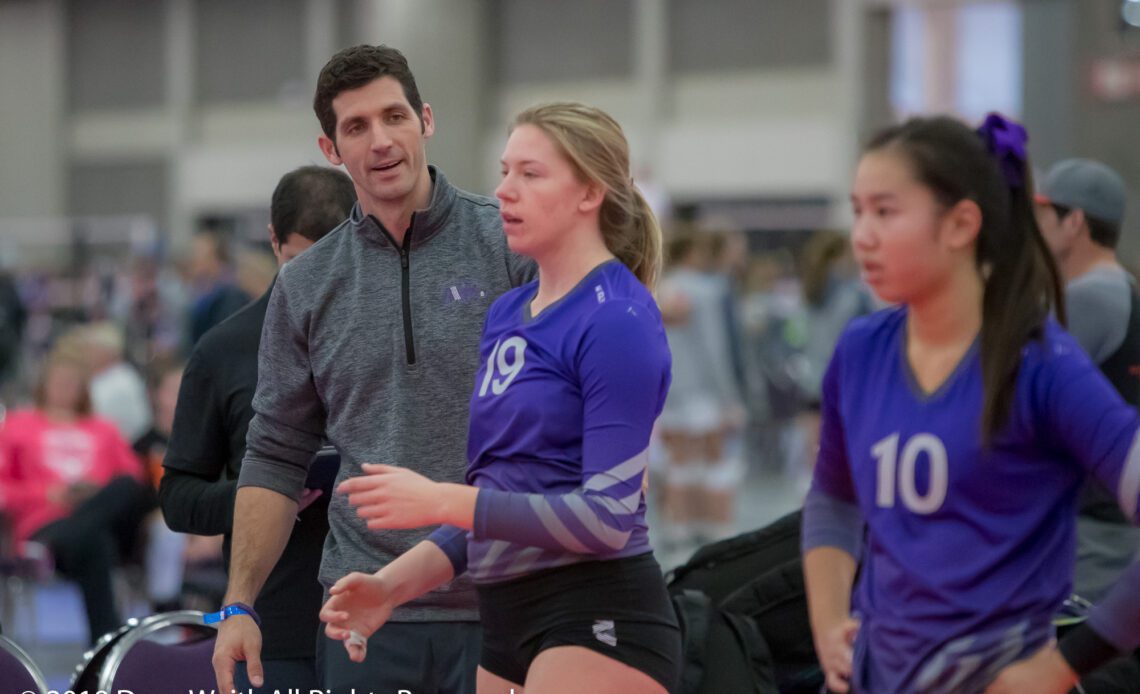“All-change is ultimately self-change”
~William Miller, PhD Substance Abuse Counselor
Resistant athletes are often those that believe that they know better or they do not realize the way they are playing. To roll with the resistance of our athletes, we can educate them on what they may want to do better and/or differently, and we can also evoke a response from them that helps them clarify and understand their motivations for change.
Motivational Interviewing is a lens through which to look at behavioral change that has been well-utilized within the addictions-counseling world that can be modeled for coaches seeking to facilitate change within their teams. When adapted for the sporting world, it is an athlete-centered language for enhancing an athlete’s intrinsic motivation to change by exploring and resolving the athlete’s uncertainty surrounding change. Through this lens, collaboration is utilized to resist their natural defense mechanisms and treats resistance as a part of interpersonal relationship (as opposed to just a human trait).
The foundation of Motivational Interviewing revolves around these four skills:
1. Open-ended questions
“Tell me, what were you looking at?” “What other shots could we have hit?” “Who else could we have set on that play?” “What did you see the other team doing?”
2. Affirmations
When it is done sincerely, affirming your athlete’s choices promotes self-efficacy. By affirming, you are saying, “I hear, I understand,” and allows your athlete to feel confident about marshaling their inner resources to take action and change behavior.
3. Reflective listening
This one’s challenging, but it involves you demonstrating that you have accurately heard and understood your athlete’s communication by restating its meaning. That is, you hazard a guess about what the athlete intended to convey and express this in a responsive statement. It strengthens the empathic relationship between you and the athlete and encourages further exploration of their problems and feelings related to their performance.
4. Summarize
Periodically you will want to summarize your conversation with your athlete so that you can reinforce what has been said, show that you’ve been listening carefully, and prepare the athlete to move forward. Summarizing the positive and negative outcomes of trying a new technique or skill can facilitate an understanding of ambivalence and promote their views of discrepancy.
Furthermore, there are certain…
Click Here to Read the Full Original Article at Junior Volleyball Association…

